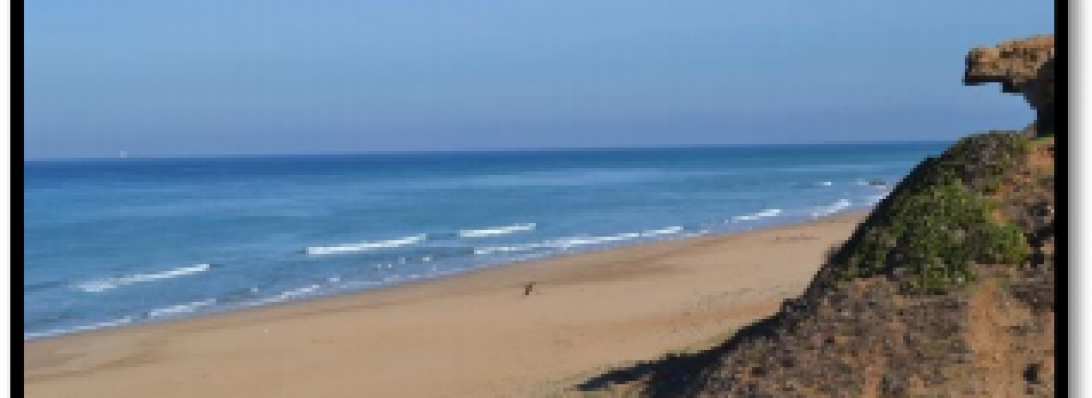Hassana and Hajiba prepared the traditional “Fes exit meal” for me (and several others) Saturday. I planned to leave early Sunday morning at 7:30 by train. Having a special meal with special friends seems to make the actual departure less sad as we contemplate the fact that we shall not be spending time together for at least several months.
In the eighties, soon after Zoubida became our househelper, Denise taught her to make several dishes that made meal times more enjoyable. Even from the beginning, we enjoyed the traditional Moroccan meals Zoubida cooked; they were well-prepared and we always felt that the plentiful variety of fresh vegetables and fruits available ensured that we ate at least as healthfully in Morocco as we had in America. However, we did miss some of our comfort foods such as fried chicken, pizza, and spaghetti with meat sauce the way the way Denise made it. Zoubida’s culinary skills, coupled with Denise’s instructions, enabled her to learn quickly the methods of recreating those dishes which made us feel a little less isolated from home.
Although the pizza Denise taught was distinguishable from that of Pizza Hut, we came to appreciate it as much as the commercial product. Our Moroccan friends considered it a special treat to be invited over for a pizza party. Things have changed dramatically in the thirty years since we lived in Fes. Practically every block in the city center has at least a couple of pizzerias. Indeed, Pizza Hut itself has two locations in Fes. The taste and quality of their product is practically identical to what we find in the states; but to be honest, I could be satisfied with the homemade version were it not for the labor involved.
Three of Zoubida’s four daughters live in Fes; Raja, the youngest is married to an American and lives in Jacksonville. (Not exactly sure how she managed to settle there.) The elder two, Fatima and Hajiba, are not married and live with their mother. Hassana is married and has two children, Iman and Yassine. They relate to Denise and me as grandchildren, providing an additional outlet for Denise to further practice her gift of generosity! We have been fortunate to be able to visit with them every year since Iman was born 11 years ago.
All were present last Saturday when Zoubida’s son, Abdelrahim, also showed up in time to participate. We made his acquaintance in 1986 soon after we met Zoubida and he came to perform some handyman chores at our first residence in Fes. The fact he is now retired (he was a young man then) is another reminder of our present stage in life as well. He has two sons and a daughter, all adults, and we also consider them our “grandchildren.”
Such events as the one described above are not the only reason we continue to travel to Morocco, but they certainly help to convince us that it’s worth the effort. Just as we consider all of Zoubida’s children and grandchildren a part of our extended family, there are several other Moroccan families about whom we make similar statements of feeling and identity. Enlarging the family has always been a source of real satisfaction for us and a reminder of our good fortune in having been accepted and loved even when we were the outsiders!
Fred
2/2/2019
*Editor’s note: “Fes” is the French spelling of the English version “Fez”, this city is the Spiritual capital of Morocco, population 1.4 million—the 2nd largest city. 1st is Casablanca.
